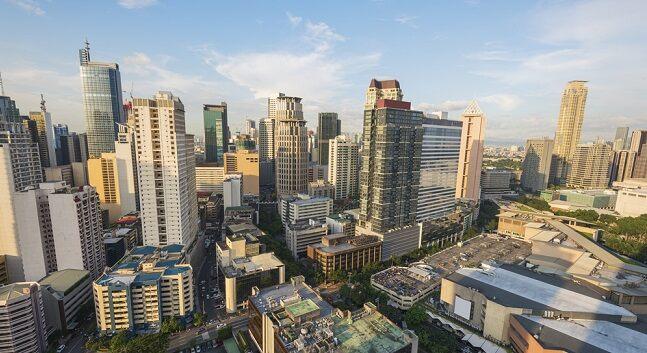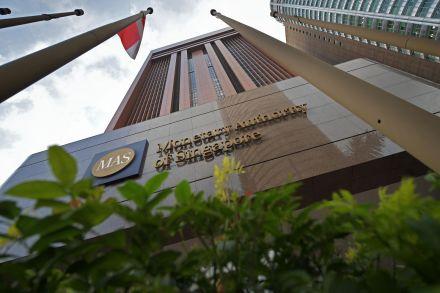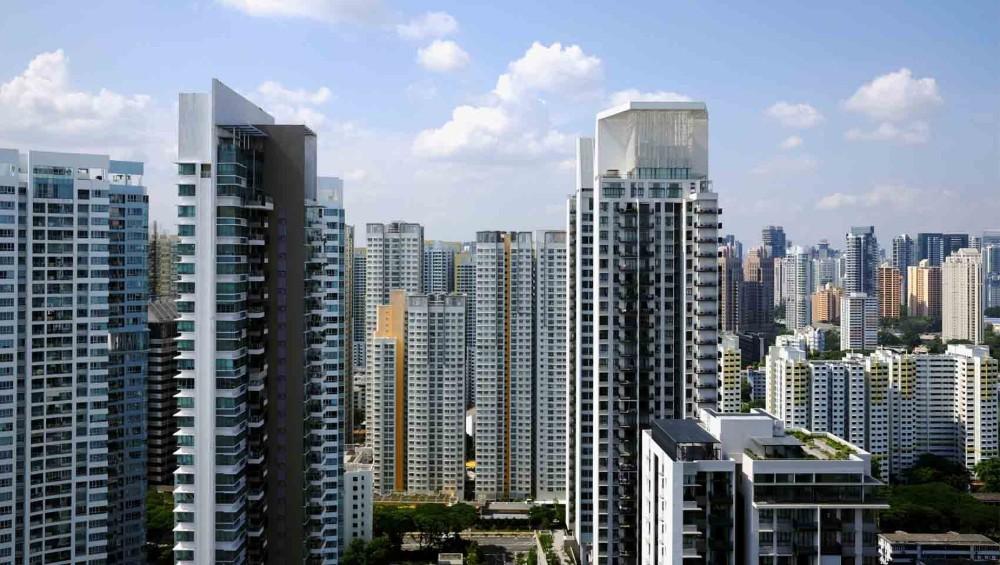The Asian market has long been on the cusp of progress. It is one of the fastest growing property markets in the world, according to Investors Corner, thanks to a few improvements. Urbanization, population growth, and commercial dynamism--the report specifically pointed these out as important drivers, but there are more than meets the eye.
With these opportunities for further growth come the risks of having more than a fair share of problems. Liquidity is a major problem, but that could be solved by having markets like Australia, Hong Kong, Japan, and Singapore, which are some of the most liquid in the region. Looser monetary policies, as well as valuations, should be reviewed, but that comes with governance among the Asian nations.
Meanwhile, most of the urban population in the world will be in Asia by 2050. Each year brings a new year of growth. The Asia Pacific property market, then, will be the hottest in sheer terms of development, construction, and the number of renters or property buyers in the area. China will also be a major component of the drive of the Asian property region.
The Philippines is a prime example of an Asian property market that's poised to break-out. Some of the region's oldest boards--composed both of directors and members--are in the country, and most owners have a hands-on approach in their businesses. That means that banking, property, and retail giants here have a longer tenure than most in the region.
On average, corporate directors have tenures that average somewhere around 10.6 years. In comparison, most directors in the area last in that office around 6.5 years, according to Bloomberg. This was from the data which the report gathered from data taken from more than 5,200 companies listed in the area.
This means that the Philippines have a bigger chance of control more than any other place. Family-controlled property businesses--most of which the Philippines has--are more stable than ones with an independent board of directors. The board tends to lose more control when its directors have more autonomy than they should have.
The real estate in Asia is very diverse. The Philippines belongs to a good neighbourhood--South Korea, Thailand, Malaysia, and Indonesia belong to the same bracket it does, only that their markets tend to be 'not as a liquid' as it should be. However, it has a high chance of becoming like Hong Kong, Japan, and Australia, all within or just outside the Asian sphere of influence.

.jpeg)









.jpeg)
